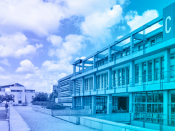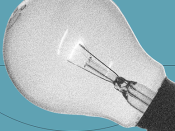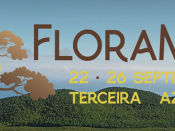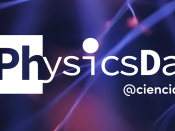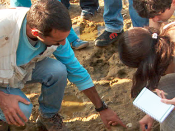Por Fernando Ferreira (University of Lisbon).
Frege’s programme aimed at grounding mathematics in logic. The programme collapsed because Russell’s paradox showed that Frege’s framework is inconsistent. Frege, on learning of the paradox, freely conceded its devastating force and, at the same time, tried hurriedly to rescue his programme. To no avail, however. Russell’s version of logicism, as well as the more moderns neologicism and/or abstractionism and the recent proposals based on modality, depart in important ways from Frege’s original programme. In this talk, we recall that a consistent subtheory of Frege’s system is able to interpret full second-order arithmetic. Second-order arithmetic is not all of mathematics (in particular, it does not include set theory) but the development of the programme of Reverse Mathematics has been showing that subsystems of second-order arithmetic are, cumulatively, being able to develop almost all of ordinary mathematics. The reason why the above mentioned subtheory of Frege’s system is able to develop full second-order arithmetic is twofold: (1) Frege’s logicism succeeds fully within the realm of finite sets; (2) Frege’s framework admits impredicative quantifications.
References:
- [1] F. Boccuni, Plural Grundgesetze, Studia Logica 96(2), pp. 315–330, 2010.
- [2] L. Cruz-Filipe, F. Ferreira, The finitistic consistency of Heck’s predicative Fregean system, Notre Dame Journal of Formal Logic 56(1), pp. 61–79, 2015.
- [3] F. Ferreira, Zigzag and Fregean Arithmetic, in “The Philosophers and Mathematics”, H. Tahiri (ed.), pp. 81–100, Springer 2018.
- [4] G. Frege, Basic Laws of Arithmetic. Translated and edited by P. A. Ebert and M. Rossberg. Oxford University Press, 2013.
- [5] R. Heck, The consistency of predicative fragments of Frege’s Grundgesetze der Arithmetik, History and Philosophy of Logic 17, pp. 209–220, 1996.
- [6] B. Jacinto, Finitary upper logicism, Review of Symbolic Logic 17, published online, 68 pp., 2024.
- [7] S. Simpson, Subsystems of Second-Order Arithmetic. Springer, 1999.
Transmissão via Zoom (pw: 919 4789 5133).


